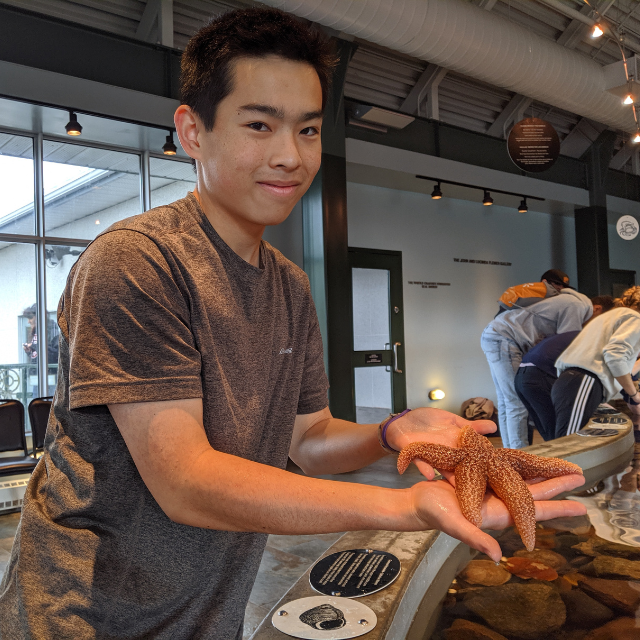HBA Sustainability Certificate
Empowering the next generation of sustainable leaders
As an HBA student driven by a passion for impact, I've organized social events during the pandemic and served as a residence don for first-year students. Now, my focus on sustainability leads me to seek ways to make a difference within traditional businesses. Through diverse experiences in government, non-profits, and startups, I've honed skills in leadership, data analytics, and business development. I aim to apply these skills to understand and drive impact within consumer packaged goods (CPGs), integral companies in our daily lives, forging a path toward a career in sustainability.
What is your personal definition of sustainability?
A practice that can be repeated indefinitely by considering the environmental, economic, and social impacts. Here are a couple examples of this definition in use:
Sustainable agriculture entails practices that promote continuous food production while preserving natural resources and minimizing environmental impact, alongside ensuring economic viability for farmers and equitable access to nutritious food for all.
Sustainable tourism seeks to minimize environmental degradation and promote local economic growth, while respecting cultural heritage and fostering positive social interactions within communities visited.
I find the this definition of sustainability highlights key attributes while remaining adaptable to many different fields.
What role do you see sustainability playing in your professional career?
Entering the CPG industry at Kraft Heinz, I recognize the powerful impact of movements toward sustainability. 855 billion sauce packets are thrown out every year, 11 billion coming from Kraft Heinz alone. The future of environmental sustainability is often pictured as instrumental shifts like electric vehicles or revamping the way cities are planned when the most efficient form of change lies in daily life. Looking at Kraft Heinz’s current impact, it’s amazing to see what they accomplished. Their Heinz ketchup bottle is now fully circular in the European market and all the palm oil used comes from sustainable sources. On the other hand, it is important to recognize that a lot of work still needs to be done. Sustainable packaging is mostly recyclable, but the local infrastructure is often underdeveloped. Some ingredients are locally sourced, but many use fertilizer and pesticides to supply food on such a large scale. Thus, as an aspiring future leader in the CPG industry, I will seek opportunities to create sustainable alternatives for the average consumer, bringing incremental changes at a large scale.
What sustainability projects have you been engaged in?
Over the summer in 2023, I interned for a non-profit company called PointA. They specialize in improving the experience of commuters for workplaces, malls, and other places. More importantly, they focused on efforts that would improve sustainability. 35% of Toronto’s GHGs come from transportation and the constant traffic with backlogs of cars doesn’t help either. To PointA, companies that support initiatives such as carpooling, taking public transit, biking, and working remotely are all helping us move towards a sustainable future.
I specifically worked on researching organizations that were qualified or nearly qualified for the Best Workplaces for Commuters certification, with 2023 being the first year it was issued in Canada. We looked for explicit initiatives like organized carpooling in addition to more subtle forms of support like onsite showers for bikers. Using the adaptable criteria revealed how differing organizations could all move towards sustainability. This was both eye-opening and inspirational. I am proud to have taken part in promoting the work of such organizations and recognizing the initiatives implemented to improve commuting and promote sustainability.
Please list any sustainability-related interests you want to explore during the certificate.
I plan to enter the real estate industry somewhere down the line. This would include taking good focus on building environments that allow people to live more sustainably. Real estate has the power to lower the carbon footprint of residents by being energy efficient and practical through the appliances used and many other factors. This is something that I wish to explore further during the certificate.
Eric Wei
